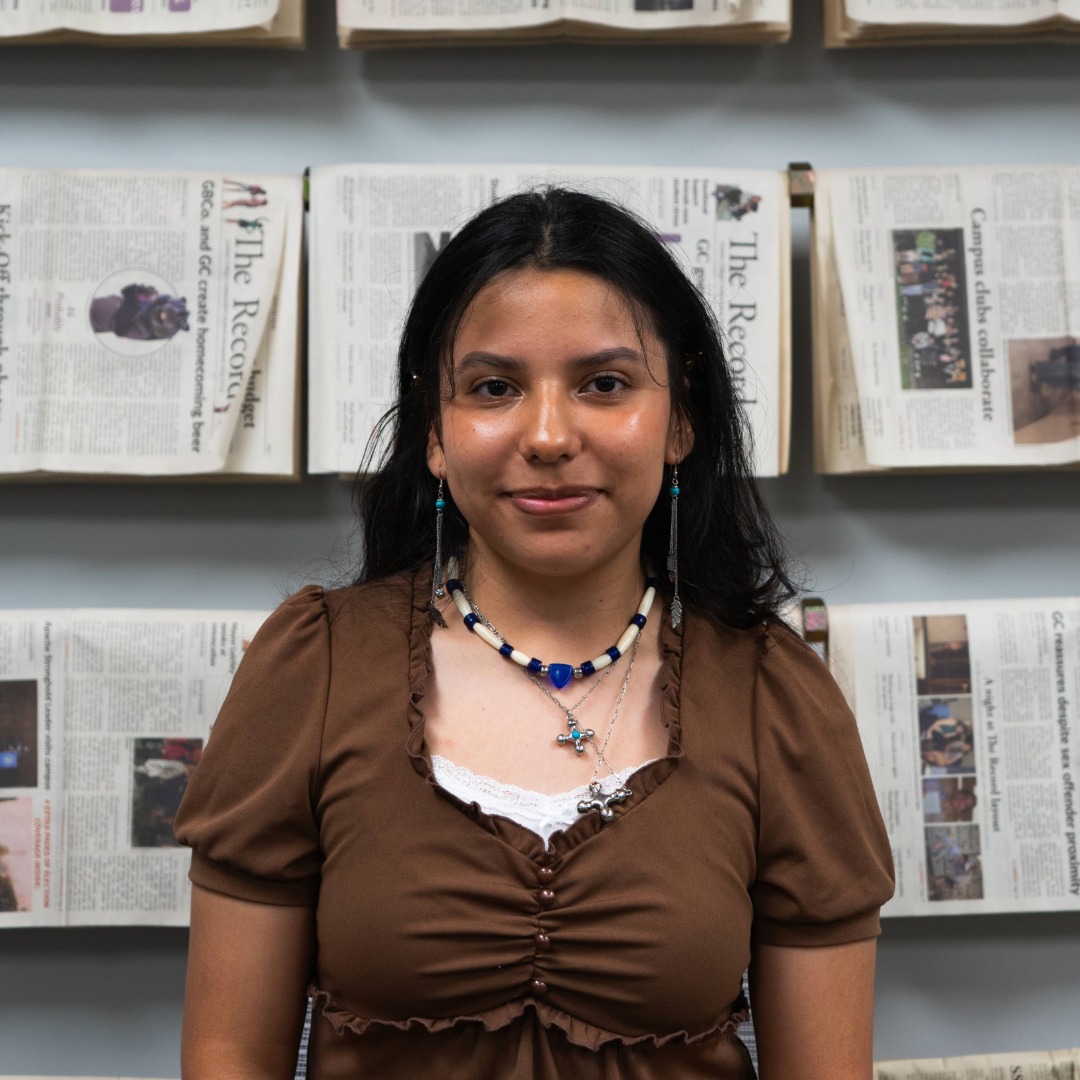Coming to the United States is not an easy decision, nor is it an easy process. My parents sacrificed many things in their lives to give my brother and me everything we needed — a home, food, clothes to wear and just enough to send us to school.
I never knew how our family was doing financially before we moved to the U.S. I thought we were doing just fine, so the idea of moving to another country seemed like a luxury.As I grew up and learned that many people across the world come here for a better life, including my family, I realized that our life back home wasn’t sustainable.
I was only 11 years old when we moved away — forced to leave everything behind, including my family, friends and even my favorite toys.
Once we were settled, I discovered that the presidential election was approaching near the end of 2016. My very first exposure to American politics was terrifying.
I began seeing the news and hearing from classmates that the next president was planning on deporting every single immigrant out of the U.S., while taking children away from their parents.
Once that started happening, I was afraid that I was going to be separated from my parents, at least hoping that I would stay with my brother if that ever happened.
Today, that same fear has regrown just as much, if not more. Seeing videos on social media of families being brutally separated and kidnapped is disturbing.
We fear going out and thinking that it could happen at any moment takes that peace of mind away completely.
I don’t understand how people can be blinded by the propaganda framing immigrants as criminals without actually looking at the facts and statistics of how this country can’t function without us.
During the preparation of a short speech I gave at the Hispanic Heritage Month convocation in September, I discovered that 20% of the immigrant population is white, primarily from European countries. However, they are not the ones being targeted, meaning that this was never about arresting criminals. We are being racially profiled because somehow the color of our skin and the language we speak are seen as a threat.
I consistently find myself waking up every morning thinking about what I have to do if my family and I were separated, constantly worrying about what will happen to my younger brothers, to my mom, and my dad — hoping that we stay together through every scenario that I imagine in my head.
These thoughts consume so much of my mental peace, and that stress has compromised my ability to focus on my college career.
I had a conversation with Gilberto Pérez Jr., dean of students, that made me feel seen as an immigrant student.
Pérez said, “Mafe, no te pongas tan triste. Demuéstrale a la gente que ellos no controlan nuestro destino.” In other words, “Mafe, don’t be sad. Show people that they don’t control our destiny.”
Pérez said that outside forces do not dictate or alter how Goshen College conducts its business or serves its students. It hurts and is difficult for the people who are most impacted, but here in this community, many good things are happening.
We shouldn’t let the outside forces keep trying to oppress us, to make us feel less tell us that our identity is not as important as the rest. We can’t accept that. He said, “the only one that can disturb my mental peace is me, not others telling me how I’m supposed to feel.”
Pérez said, “No pasa nada. If we take a bit of that attitude, we might be able to feel a little better, and that’s what it’s about.”
A way to keep pushing forward is to hold on to our people, our support systems and our institution. “Le damos con todo para que ustedes salgan adelante. Don’t let it get to you. Hay que echarle ganas,” Pérez said.
I call for us to be resilient because that is what our existence is about.




